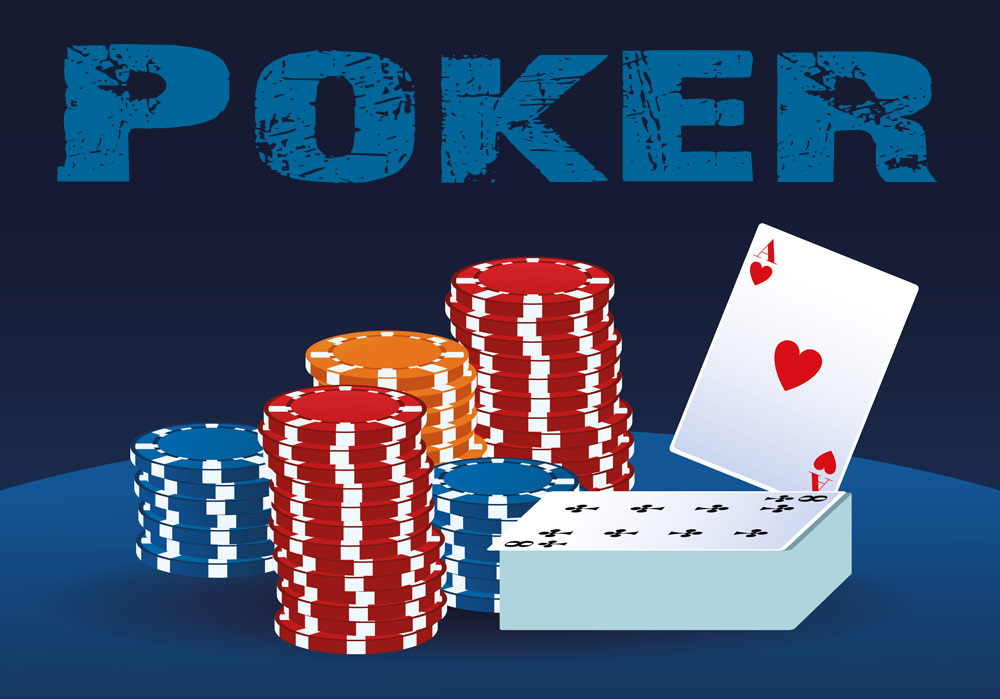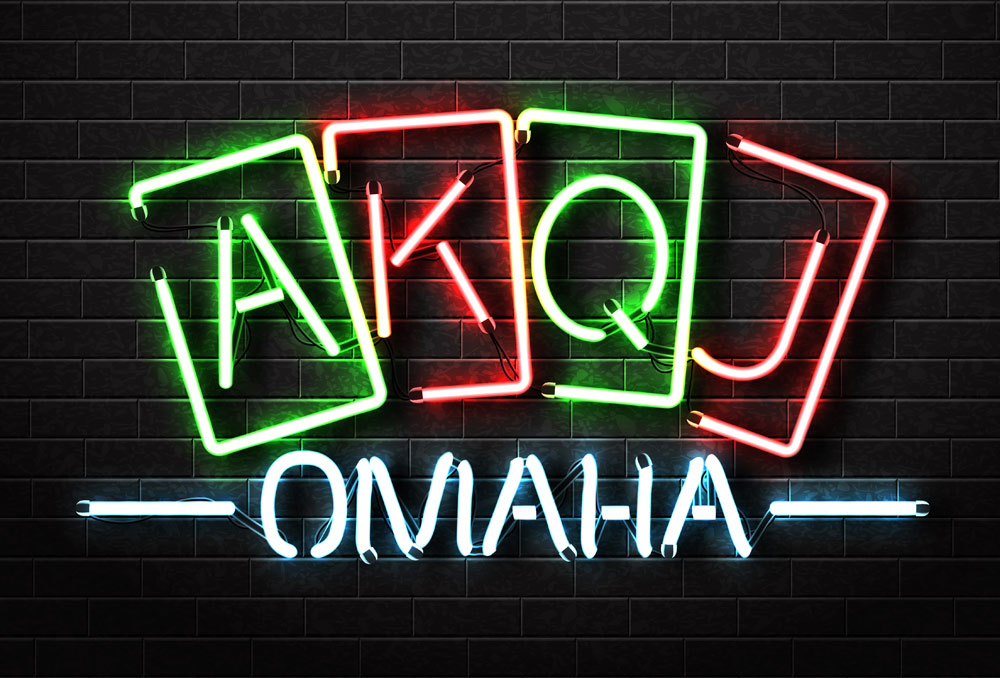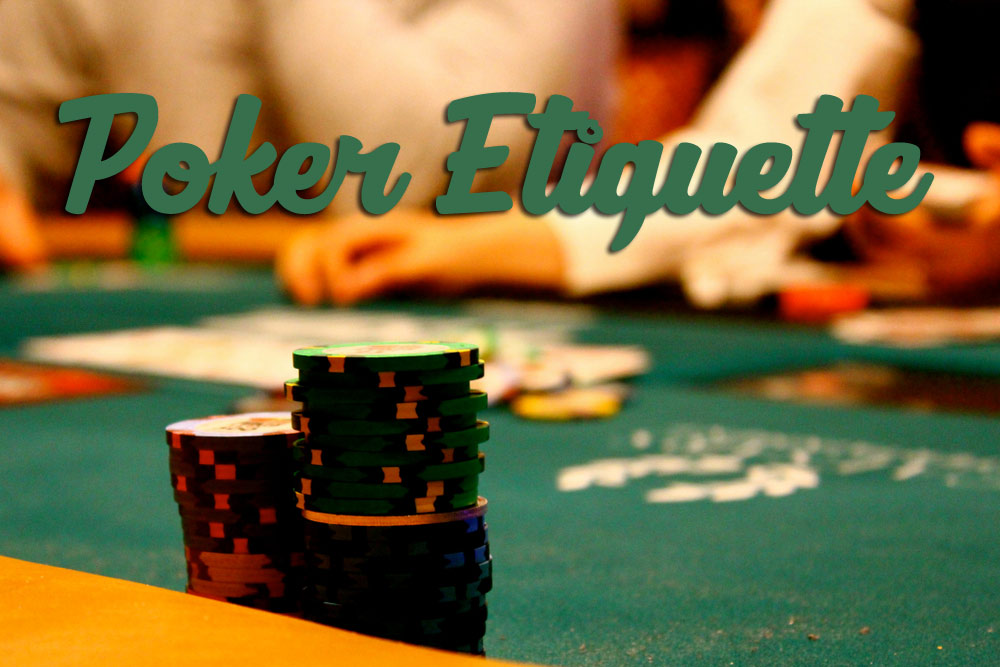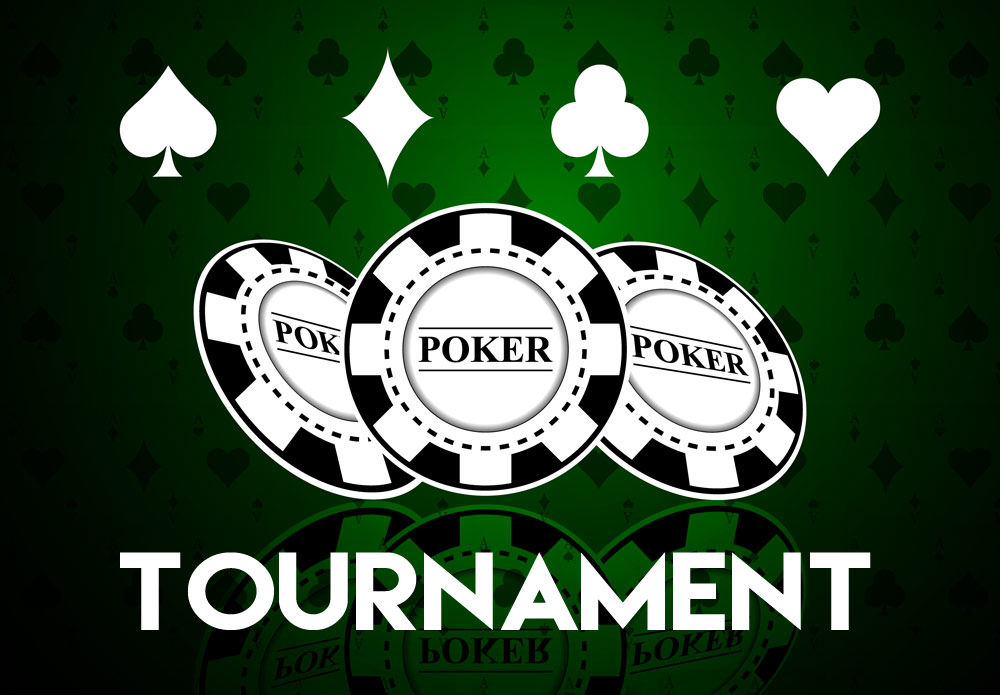Playing poker is not just about applying your strategy. It also has a social aspect which you have to consider. Understanding your poker personality can help you develop your strategy appropriately. At the same time, you will be more aware of your weaknesses and can actively find solutions to your problems. You should also determine the personalities of your opponents in order to understand how you can best tackle them. Here are the six poker personalities:
1. The Aggressive Player
Aggressive poker players tend to bluff a lot, and they are also known to raise frequently. To inexperienced players, these people might seem to consistently be winning. However, in the long run, such aggressive players end up losing a lot of money. When playing with such people, you should never feel intimidated. Instead, you should call their raises and avoid folding, unless it is extremely necessary. Regardless of their confident facade, there is always a good chance that they are about to lose huge sums of money.
2. The Basic Player
Basic players may either be new to the game or just bad at the game. Some basic players will improve as they spend more time playing poker, but others will be noobs forever. These players are blessings to all experienced players as they are almost certainly going to lose the hand. When they call, you can be sure they have a strong hand, and when they fold, they definitely have a weak hand. Their knowledge of poker is limited, and many are just aware that it involves cards. The only way a basic player can win in a game of poker is if they are extremely lucky.
3. Aggressive but Tight-Fisted
Some players are too scared to lose their hard earned money. At the same time, they are ready to raise and re-raise when they have reasonable chances of winning. Such players are easily predictable. You can note such players when they fold. In future sessions with the player, you will be able to tell how strong their hand is when you watch their actions. Many of them are also unable to hide their tension and fear because they are very scared of losing money. With such players, the non-verbal cues will give you all the information you need.
4. The Book Smart Player
Some people learn how to play poker on the streets, and others learn the game through books. Reading about poker can be highly beneficial and will give you insight into the tips used by some great players. In the casino, a player who learned the game through reading can be identified by their simple and straightforward gameplay. They do not seem to engage in any sort of bluffing, but in the long run, they usually make a profit.
5. The Skilled Mind Reader
Some people are gifted in the game of poker. They may not have played the game for many years, but they are able to tell how strong your hand is by watching your movements. They don’t bluff unnecessarily, and when they do, they can be very convincing. They will usually approach the game professionally, meaning they don’t carry positive or negative emotions. These players can be very hard to deal with, and your best bet would be to leave the table as soon as you can.
6. The Technique Player
The other type of poker player is the technique player. People in this group are known to spend their time on the table building a winning hand. They focus too little on the social aspect of the game, and that makes them easily predictable. Such players apply great poker tips and strategies, but they are still very inexperienced in acting and reading people.
Conclusion
Your poker personality can limit your chances of winning in a game, particularly if it makes you easily predictable. There are six types of poker players. They include the basic player, the aggressive player, the technique player, the aggressive but tight-fisted player, the book smart player, and the skilled mind reader. You can use the information in this article to determine your poker personality and the weaknesses in your gameplay. You should also observe your opponents carefully as their poker personalities can give you insight into their weaknesses. This can also help you determine the best way of tackling them.









